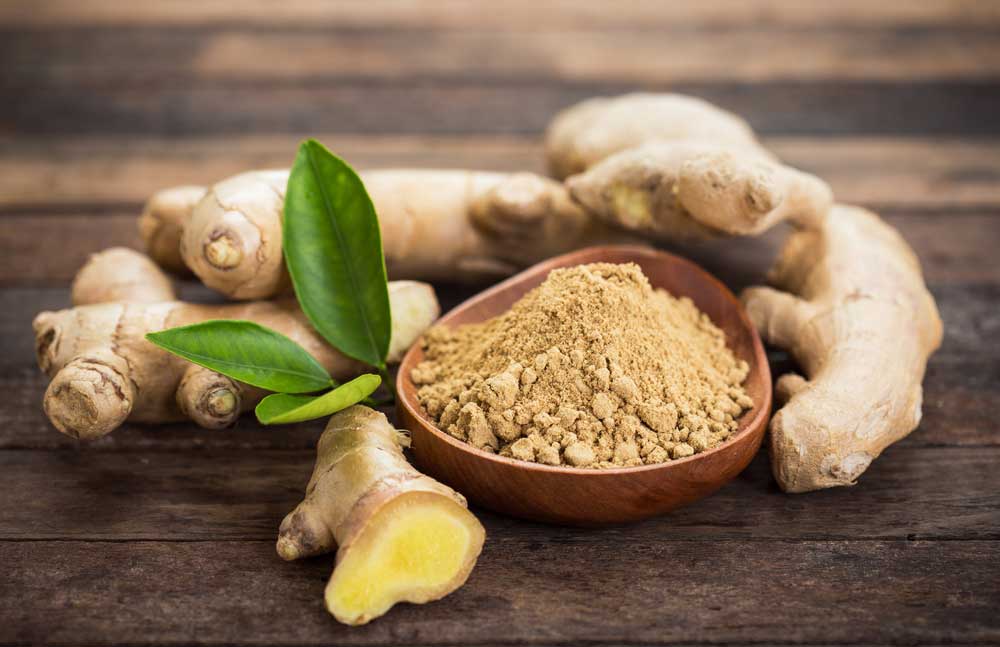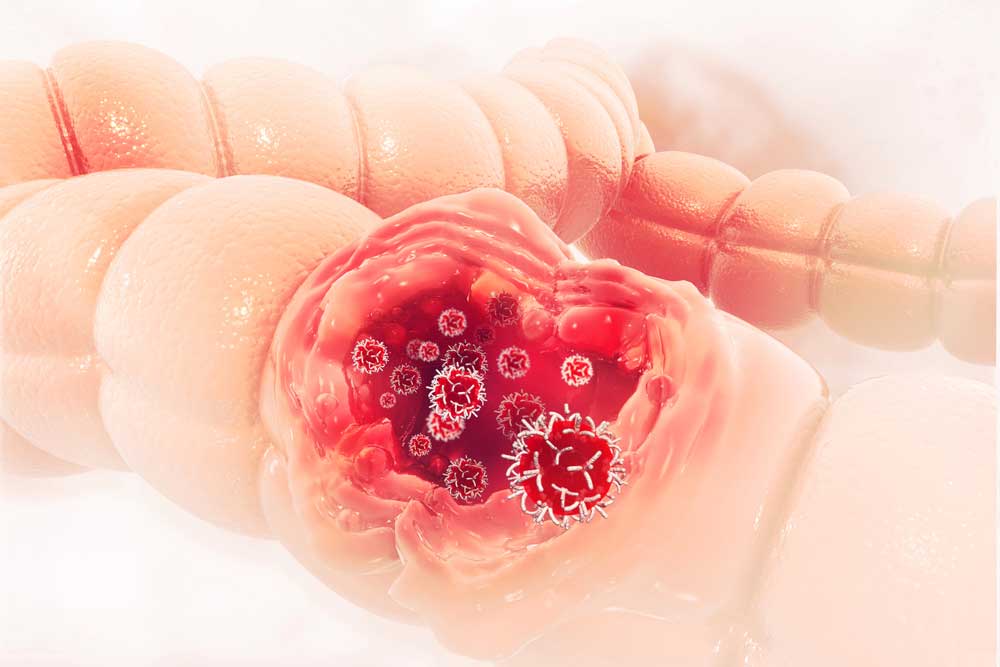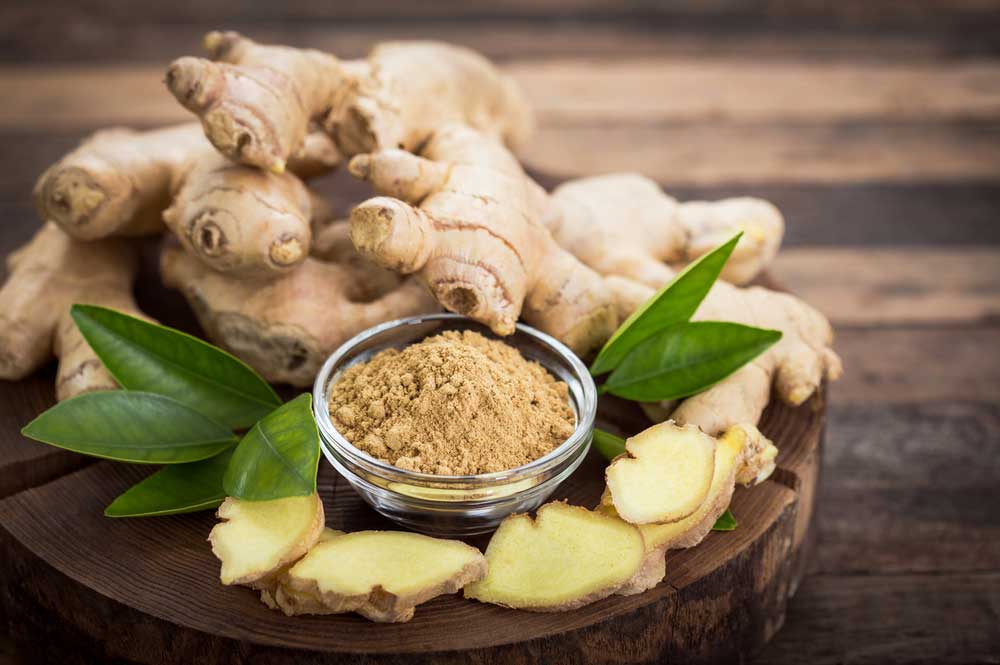The smell of ginger is amazing – fresh, sharp and it kind of tickles your nose. I love ginger. It tastes great and it has an amazing amount of healing properties.
Ginger is a root that’s popular in cooking, and fresh grated ginger tastes amazing.
The flavor is so popular that people eat it crystallized as candy and as soda.
But ginger is more than food.
Asian folk medicine has used it to heal for centuries.
It’s used to cure nausea, to help prevent cancer, and it can even be used to help treat asthma issues. In fact, for those with minor asthma, it may be able to replace rescue medications. Of course, you should always check with your doctor before going off any medication.
This root has natural warming properties and can help ease symptoms from cold and sinus issues to soothing muscle soreness. Some natural healers apply mashed ginger root as a poultice or salve. They use it directly on the sore muscles.
What Kind of Health Benefits Does Ginger Have?

There are many traditional uses for ginger and many uses that have been backed up by scientific research.
Here are the typical questions that people ask me about what ginger can do (and can’t do).
Important: I’m a nutritionist and not a doctor. I can’t (and don’t want to) give you medical advice. Don’t go off of meds without talking to your doctor. For most people ginger is safe, but you should talk to your doctor before starting a new routine.
Is Ginger Good for Working Out?

Research shows that eating raw ginger every day helps to prevent muscle pain after a workout.
This is a huge help for athletes and others who routinely stress their muscles.
The studies showed that daily ginger supplementation reduced the exercise-induced pain by 25 percent.
So, if you’re training for a marathon or other event, make eating ginger part of your daily diet.
Is Ginger Good for Upset Stomach?

The first thing most people reach for when they have an upset stomach is the ginger-ale. Many people take crystallized ginger for car-sickness.
But now we also know that it’s nausea fighting abilities are incredible. It’s so effective that it can provide relief for chemo patients.
Nausea is a common symptom after chemotherapy treatments. And ginger is unlikely to interfere with other medications the patient might be taking.
By taking the ginger prior to chemotherapy treatment, the National Cancer Institute-funded study suggests its earlier absorption into the body may have anti-inflammatory properties.
Ginger’s ability to battle nausea isn’t its only benefit when it comes to cancer.
Ginger and colon cancer

Cancer is so common now that it’s practically an epidemic. Any tool to fight against it, especially a natural tool, is welcome.
Ginger contains tons of antioxidants. And it has plenty of original compounds not found anywhere else. Some of these compounds proved extremely useful for preventing cancer in studies.
“These results strongly suggest that ginger compounds may be effective chemopreventive and/or chemotherapeutic agents for colorectal carcinomas.”
The warming properties of ginger also help people who suffer from inflammatory illnesses.
Is Ginger Good for Arthritis?

There are creams made with ginger that help to ease arthritis pain in the hands and other joints.
People who suffer from Rheumatoid Arthritis can benefit both from these creams, and from supplementing with ginger.
Its inflammatory fighting extends to problems like IBS, or Irritable Bowel Syndrome.
Is Ginger Good for Diarrhea?

Several of the compounds in ginger help to soothe the colon and help to prevent diarrhea.
They’re helpful in treating and preventing all kinds of inflammation, so their impact on the colon isn’t surprising.
Part of the therapeutic effect, say the researchers, comes from the high levels of lipids — fatty molecules — in the particles, a result of the natural lipids in the ginger plant. One of the lipids is phosphatidic acid, an important building block of cell membranes.
Is Ginger Good for Asthma?

Ginger is also extremely useful for helping an asthmatic cope with symptoms.
Asthma symptoms are caused by constriction of the smooth muscles in the airways. This constriction causes the loss of breath and inability to recover.
Some of those unique compounds in ginger can help to relax those smooth muscle cells and cure the constriction.
“In our study, we demonstrated that purified components of ginger can work synergistically with β-agonists to relax ASM [airway smooth muscle].”
You can see how extremely beneficial ginger is for your health. It not only helps to treat many issues, but it also helps to prevent certain issues from the beginning.
Ginger is easy and safe to use.

The best part is that ginger is easy to incorporate into your daily life.
You can find it in nearly every grocery store. To use it, simply use a spoon to scrape off the skin and slice up. Many people enjoy it raw in salads or tossed in with a stir-fry, but the possibilities are endless.
Heating can impact some of its healing properties, but you still reap many rewards eating it cooked.
You can also try supplements. Supplementing ginger offers a consistent dose so you can maximize your benefits.
Try supplementing ginger — see how much better you feel!

